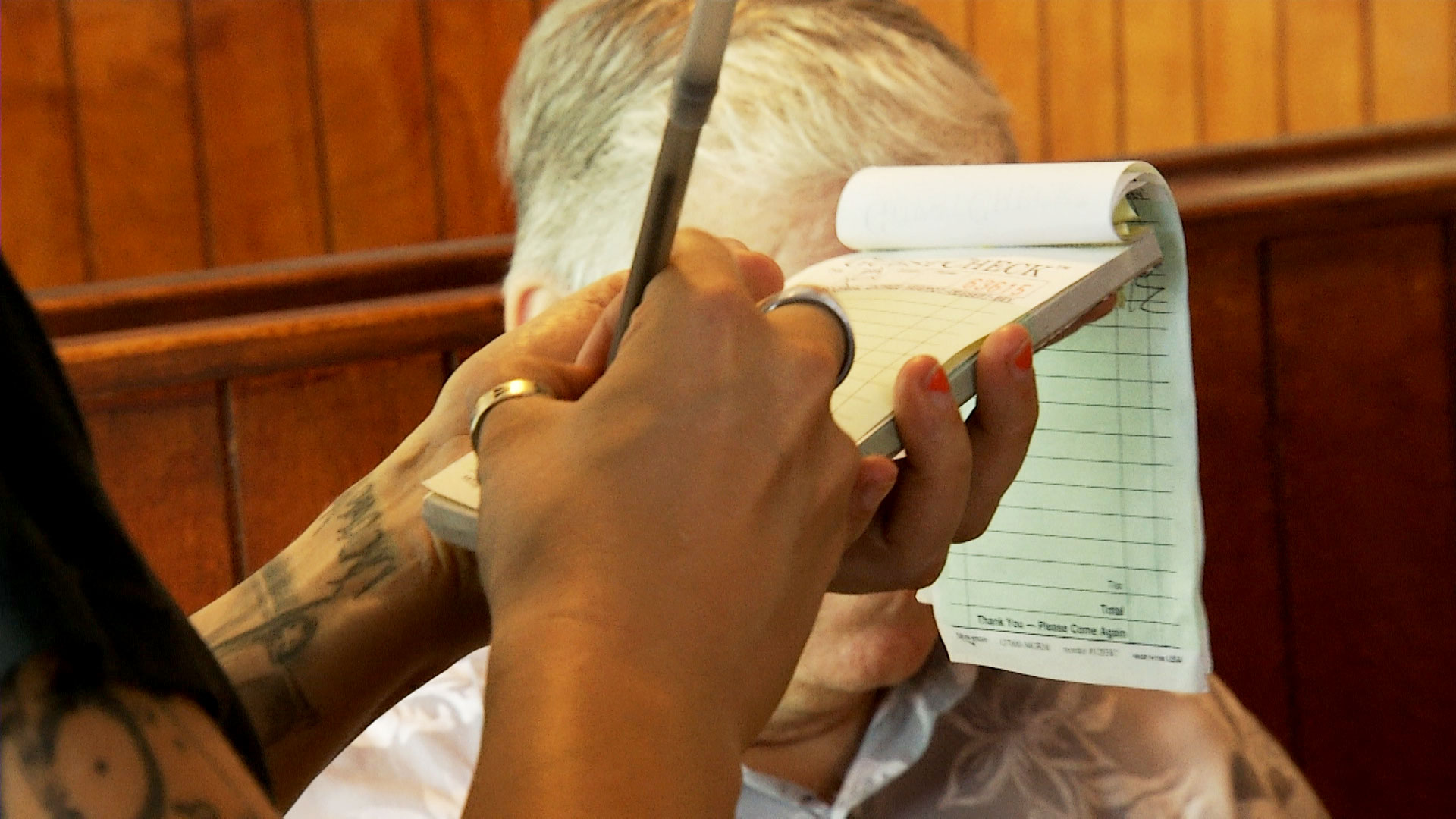
Proposition 138, known as the “Tipped Workers Protection Act,” would change Arizona’s tip credit formula from $3 an hour to 25% of the minimum wage.
The Arizona Restaurant Association backed this measure through the legislature in response to a separate voter-initiative proposed by One Fair Wage, a national advocacy group made up of restaurant owners and service workers pushing for higher wages and better working conditions, according to co-founder and president, Saru Jayaraman.
“We collected 420,000 signatures to try to put it on this November’s ballot but that wasn’t enough, so we’ll be starting again to continue and put it on the 2026 ballot,” Jayaraman said.
Raise the Wage AZ, the political action committee that filed the “One Fair Wage Act,” submitted the initiative to the Secretary of State in November 2022, proposing to gradually eliminate the tip credit and raise the minimum wage from $14.35 to $18 per hour.
“What we have witnessed over the years is union activity, outside interests coming into Arizona trying to disrupt that mechanism by which we’ve operated for,” said Steve Chucri, president and CEO of the Arizona Restaurant Association.
In June, the political action committee sued the association, arguing that the title of the legislature’s ballot measure was misleading.
“It shouldn’t be allowed on the ballot because it’s deceptive, but the Republican-controlled Arizona Supreme Court dismissed our claim,” Jayaraman said. “It’s really the Tipped Worker Reduction Act, not the Tipped Worker Protection Act,”
In July, the association sued the committee, effectively blocking the initiative from the November ballot.
Chucri argues that eliminating the tip credit would lead to surcharges on checks.
“Then the consumer doesn’t like surcharges and they’ll tip less,” Chucri said.
Currently, Arizona’s minimum wage is $14.35 an hour and for tipped workers– those who earn over $30 a month in tips– it’s $11.35 an hour according to the Fair Labor Standards Act.
For some, tipping is just part of the culture, but for others, it’s essential, like Meschelle Hornstein who’s been a server at Sky Harbor Airport in Phoenix, for the past ten years.
“It’s actually been a really great, very flexible job for me,” Hornstein said, adding that she first heard about the “Tipped Workers Protection Act” when it was moving through a committee at the state capitol.
“It’s basically creating a fix to a problem that doesn’t exist,” Hornstein said. “I don’t personally depend on my hourly to pay my bills the way I depend on my tips to pay my bills.”
If passed, Prop. 138 would amend the Arizona Constitution, allowing employers to pay up to 25% less than the minimum wage, as long as they can show that the employee earns at least the minimum wage plus $2 an hour in tips for all hours worked– what Chucri calls a “sweetener”.
Victoria Stahl with Worker Power disagrees.
“That is $2 in wages from customers and that doesn’t change the fact that this proposition is going to put the onus on customers and the public to pay servers and bartenders instead of companies,” Stahl said.
Jayaraman also criticized the timing.
“In a moment when there’s a severe affordability crisis and people in Arizona are really struggling to make ends meet, it is so outrageous and offensive to propose reducing workers wages when what they really need is an increase,” Jayaraman said, urging people to look at the MIT Living Wage Calculator.
In Pima county, single adults need to earn at least $20.12 an hour to support themselves and in Maricopa County, that number is $24.70, according to the calculator.
“This is just survival and talking about reducing workers’ wages at a time when the minimum wage is so far beyond what the MIT Living Wage Calculator says you need to survive in Arizona is outrageous and offensive,” Jayaraman said.

By submitting your comments, you hereby give AZPM the right to post your comments and potentially use them in any other form of media operated by this institution.